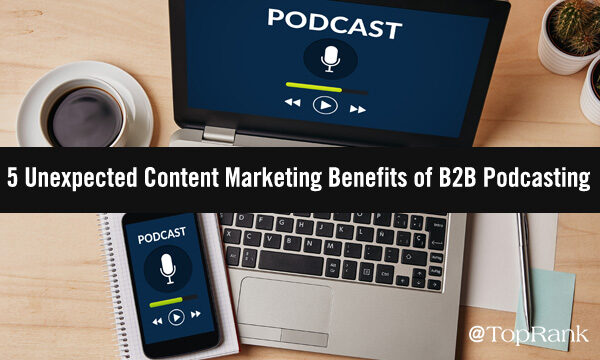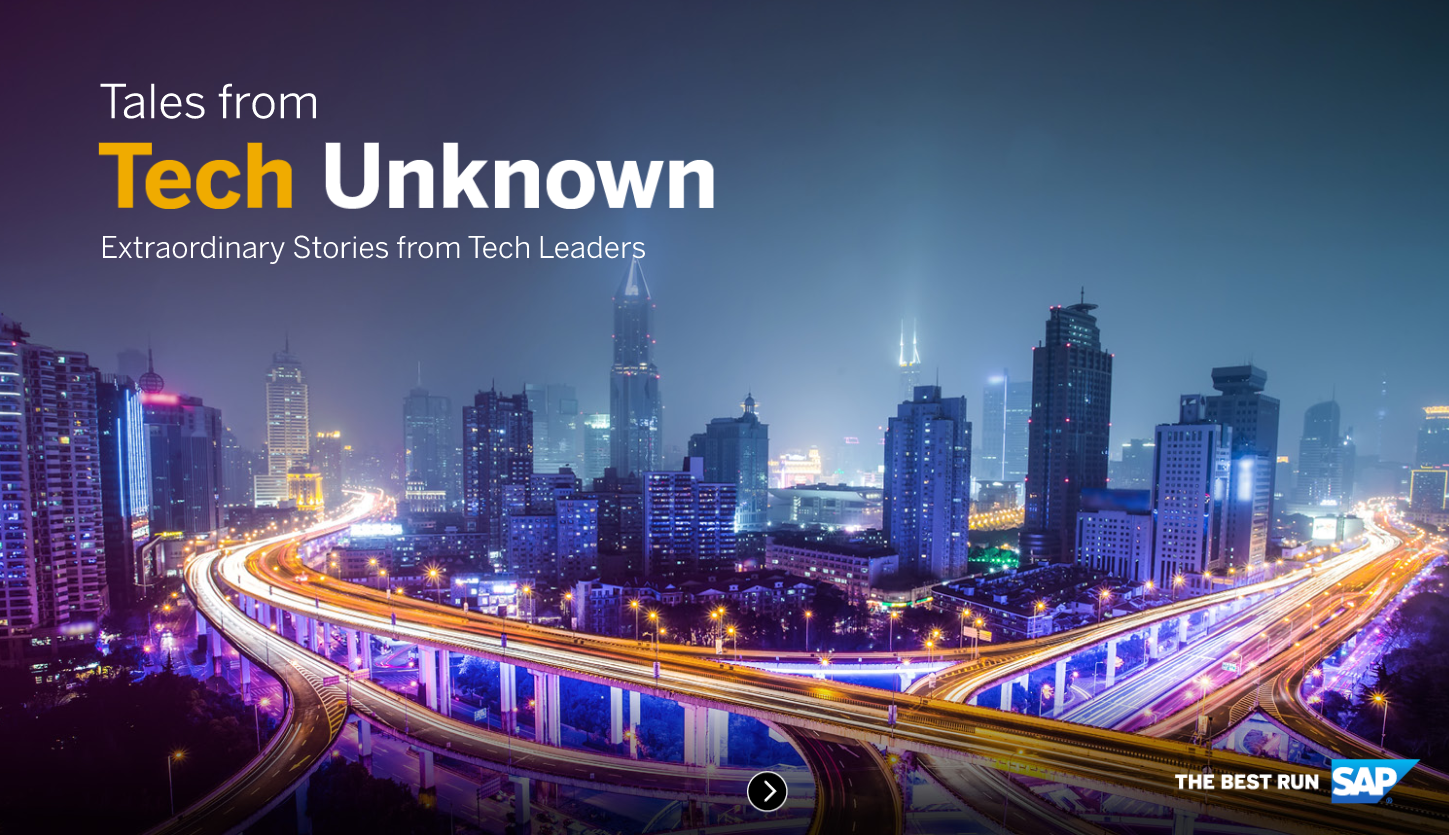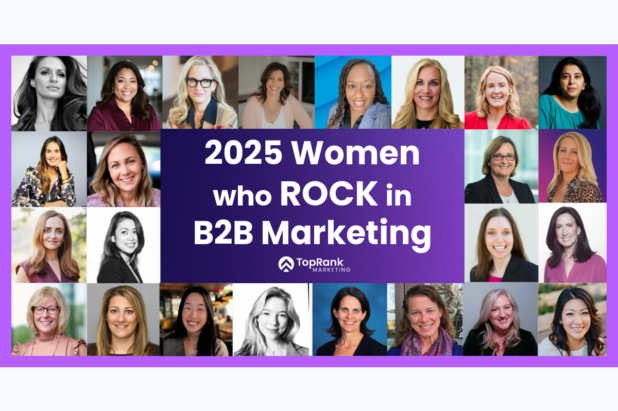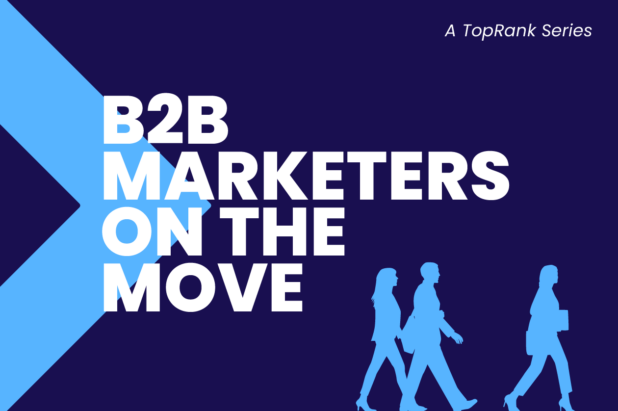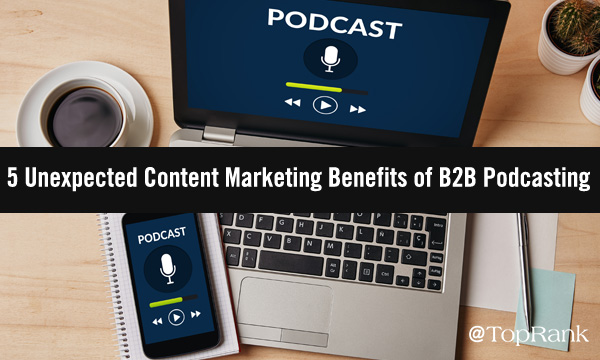
We all know by now that podcasting is a fantastic content marketing tactic, right? To review:
- Over 81 million people listen to podcasts (Edison Research)
- 80% finish the majority of every episode on their favorite podcasts (Edison Research)
- Most people who listen to one podcast are likely to pick up more (Edison Research)
In other words, there’s an enormous audience out there, ready to spend multiple hours with your quality content. And now they can get your episodes right on the Google results page.
So, since you’re ready to start your podcast anyway, how can you use it to elevate the rest of your content marketing efforts?
It turns out podcasts can do more for your editorial calendar than just deliver value to your subscribers. At Content Marketing World this year, I saw a presentation from Ryan Estes of Frontline Education about the hidden marketing powers of podcasts. The points he hit on were spot on with how we view the potential of B2B podcasting. So, with a tip of the hat to Mr. Estes and his Field Trip podcast…
B2B Podcasting: 5 Unexpected Content Marketing Benefits
#1: Content Research
Say you’re a marketer who just got hired by a supply chain logistics company. Odds are you don’t yet know how your target audience thinks and talks about supply chain issues. You might not even know what problems supply chain folks are currently looking to solve. You’re good at marketing; you’re not a subject matter expert… yet.
Usually, the answer is to fire up your web browser, pull up some industry publications, and do hours of research.

Certainly, some first-hand research is a must, but what if you could deepen your knowledge and create content at the same time?
Interviewing industry experts for your new podcast will help you learn the industry, the lingo, the concerns, the potential solutions, you name it. Each interview is a podcast episode and a treasure trove of audience research, all in one.
#2: Prospect & Customer Relations
Planning a B2B podcast means finding subject matter experts — trusted voices who can lend credibility to your podcast and provide riveting content. When you’re looking for these guests, include prospects and customers in your search.
For prospects, the podcast interview can be a great way to start a conversation. Which is more compelling:
- Let’s book a half hour so we can talk about our supply chain solution?
- I would love to get your industry expertise in an interview for our podcast.
The second one is clearly the easier (and more value-driven) ask.
Inviting customers on your podcast can help deepen that business relationship, too. But it also provides proof to your prospects that you support and promote your customers — something that will come in handy for the next deal.
#3: Influencer Relations
We may have mentioned this before: Co-creating content with influencers results in better content an a wider audience to receive it. Podcasts are no exception. In fact, the basic interview format that is a perfect fit for podcasts is also the perfect way to engage industry influencers.
We have found that people are amenable to an audio interview who would never, say, contribute a guest post to your blog. It’s easier to say 2,000 words than to type them out.
Simply put, a podcast gives influencers another option — a fun and creative one — for co-creating content.
Simply put, a podcast gives influencers another option — a fun and creative one — for co-creating content. @NiteWrites #B2BPodcasting #ContentMarketing Share on X#4: Repurposing Possibilities
Think of a podcast as you would any other marketing content: When you’re producing it, you can plan for endless content repurposing. That doesn’t mean just using the transcript in a blog post, though you should do that, too. You can pull quotes for an eBook, do a roundup with highlights from every episode, even add video to portions of the audio for organic social or YouTube.
Here’s a recent example from SAP*. Following the release of Season 1 of its Tech Unknown Podcast, original and previously unreleased content was brought together for a tales from the trenches eBook.
My favorite repurposing tip, though, comes from Ryan’s session: When he does a podcast interview with a Frontline Education customer, the first half of the interview is customer-focused. There’s no talk about the education software Ryan’s company sells, no testimonial, just the customer’s story about finding and solving a problem. That part is what goes into the podcast.
The second half of the interview is explicitly focused on how the customer used the software to solve a problem. Ryan then repurposes that audio into case studies, using embedded audio excerpts to emphasize the customer quotes. It’s a powerful way to get a podcast episode and a case study in one go.
#5: Podcast Cross-Promotion
We know that people who listen to one podcast are likely to listen to more. That makes podcasts unique among marketing channels: Other podcasts aren’t your competition. Your ideal potential listener is the one who makes podcast listening a habit, who is looking for the sixth or seventh show to round out their weekly listening.
As such, having a podcast gives you the opportunity to cross-promote with other podcast hosts. Look for podcasts where your host might make a knowledgeable, valuable guest. And look for podcasts hosts who might bring value to your show. The ability to expand and cross-pollinate audiences is one of the cooler aspects of the whole podcast community.
Read: How to Promote Your B2B Podcast
Cast Your Pods to the Wind
A podcast in and of itself is a great channel for bringing valuable content to your audience. But the benefits don’t stop there. From filling out your editorial calendar to spicing up your case studies and beyond, a podcast can elevate your B2B content marketing efforts across your entire strategy.
Guess what? There happens to be an on-demand webinar covering the art of B2B podcasting, featuring moi and TopRank Marketing President Susan Misukanis: The 4 P’s of B2B Podcasting Success. Check it out!
*Disclosure: SAP is a TopRank Marketing client.
